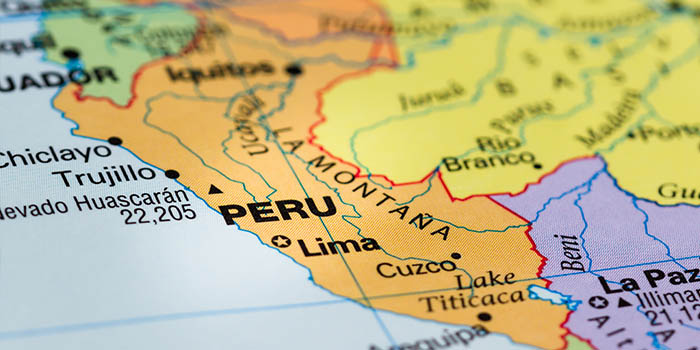The authorities of Peru have resolved to impose higher charges for the issuance of gambling licenses to digital gaming providers. After favorable outcomes from amendments of the existing regulations, Peru is set to charge triple the amount they previously intended for iGaming companies.
These alterations were supported by a plethora of influential entities, notably the Commission of Economy, Central Bank, Ministry of Finance, the Financial Intelligence Unit, and the Congress of Peru. They collaboratively revised Law 31557, successfully paving the way for a novel regulatory scheme in the nation.
The foundational legislation was codified the previous year, aiming to regulate the booming gambling sector within this South American haven. The law, having been personally endorsed by President Pedro Castillo last August, set the groundwork for the Peruvian online gaming industry. It assigned regulatory roles to the Ministerio de Comercio Exterior y Turismo (MINCETUR) and introduced the initial structure of the region’s taxation regime.
Peru Implements Modifications to Its Taxation Protocol
In light of the recent amendments, corporations will now have to shell out $810,000 for a license. Retail licenses have been rescinded, leading to the result that points of sale will have to pay a security deposit of $6,715 to proffer gaming.
Moreover, the revised regulations introduce a 12% point of consumption tax, following criticisms from APADELA, the Peruvian sports betting association, aimed at earlier versions of the legislation. Previously, only a net win tax was required from foreign operators under Law 31557, exempting them from the point of consumption tax.
Following up on the tax discourse, antecedent amendments declare that the cash bonus from iGaming and online sports betting will continue to function as the baseline for tax computation on such services.
Peru’s Recent Steps to End Anonymity in Internet Gaming
Among the recently debated amendments, obligatory know-your-customer regulations have been imposed which only allow registered patrons to place bets. In the past, patrons had the option to remain anonymous.
Furthermore, regulated providers will be obligated to feature their offerings under local domains. These include:
In an effort to limit the proximity of gaming establishments to vulnerable populations, it was decided that no additional gaming halls should be placed within 150 meters of educational institutions or religious structures. However, this does not pertain to pre-existing casinos, which will proceed with operations as normal.
Businesses and individuals who fail to comply with the new regulations are subject to financial penalties, and may even face incarceration. The maximum sentence for individuals caught violating these rules is up to four years in prison, while offending companies may see their licenses temporarily suspended or completely annulled.
It is anticipated that these new regulations will be enforced 120 days after the exact details of the technical guidelines have been elaborated. Their introduction is the result of prior consultations discussing the shape of the regulatory landscape.







